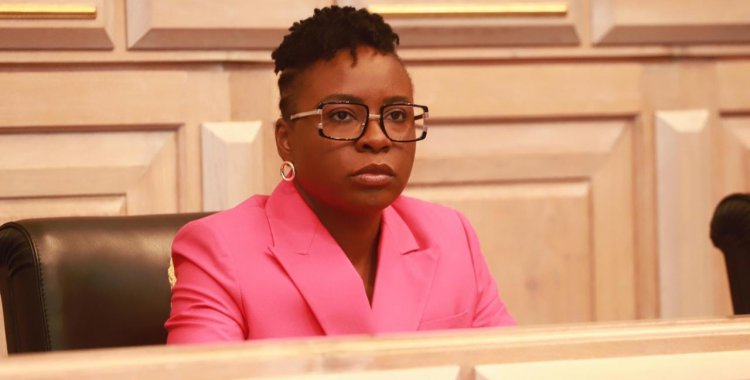Vera Daves de Sousa, who spoke this Friday with journalists at the "Breakfast with the Press" promoted by the Ministry of Finance, said that she is a "great advocate" of holding public tenders, but there are circumstances that limit the preferential choice for open procedures.
"One of them is related to the limitation of access to financing by sources that do not require the contractor to be from the country of the entity that finances. This is a great 'handicap' that we have, for large projects we would not be able to finance with revenue taxes, nor is it recommendable," said the minister.
The holder of the Finance portfolio stressed that stable sources of funding are needed, "that allow the projects to follow their path without interruptions".
"Because history shows us that every time we try to start projects with a funding source that is not stable, they take three, four, five times longer to build, with stoppages in the middle, endless additions in the middle of financial rebalancing and the project turned out to be triple the amount", said Vera Daves de Sousa.
According to the minister, when it comes to local financing there is scope for holding a public tender "because local banks don't care who the contractor is".
"For them, if they are resident entities that have money in their bank, it's better, but they don't put too many constraints on it. But local financing occurs to the extent of the capacity of our local bank (...) and there are projects that have a dimension that a bank alone could not achieve, there are some that not even a consortium of banks", she said.
Vera Daves explained that the "alternative that has been explored is bilateral financing, set up with the perspective that the resources do not even leave the country that finances".
"The entity finances, the contractor is from that country, which has an account in that bank that is financing and when it disburses the financing for that project, the disbursement is made to the account of that contractor, which is in the bank that finances. So that does not pump resources into the national financial system and, in some cases, there is little added value locally", she said.
The minister said that the Government is trying to find solutions that allow adding more local content to the projects and see how external financiers could allow resources to enter the Angolan financial system.
It would be "a way of also indirectly financing our economy, because that liquidity becomes available in the national financial system and the bank, in managing its liquidity, can make that money flow to local market initiatives", she underlined.
This attempt has already been made with an external financier and a local bank, continuing "the dialogue with others to see if it sticks", she said.
According to Vera Daves, another constraint is related to the urgency of the works, "in some cases legitimate and in others not so much".
"A ravine is about to swallow a centrality, a building is about to collapse, public tender takes its time, in these cases it is justifiable to make an emergency contract, a simplified contract", considered the minister.
"In other cases, urgency, emergency is evoked, but it is not so urgent, so the strategy of dialogue and persuasion of all public managers must continue to use this mechanism only when strictly necessary", she added.







